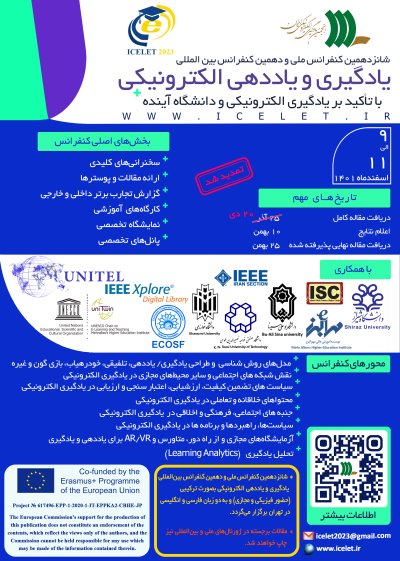0% Complete

نویسندگان :
کلمات کلیدی :
چکیده :
لیست مقالات بایگانی شده
کیومرث تقی پور - پریا برزگر
کریم پیمانی - الهام فراهانی - محمدهادی زاهدی
هانیه موسی علی - امید فاطمی
Zahra Vatankhah - Nasrin Mohammadhasani - Yousef Mahdavi Nasab
Fatemeh Mohtashami - Yousef Mahdavinasab - Seyed Abdollah Ghasemtabar
Zari Saeedi - Armin Tavakoli - Mahdi Rezaei - Akram Baniasadi
Mehrshad Khosraviani - Zahra Shams - Mohammadreza Abbassian
Mohammad Reza Hasani - Fateme Mohtashami - Yousef Mahdavi Nasab
محبوبه فناخسرو


